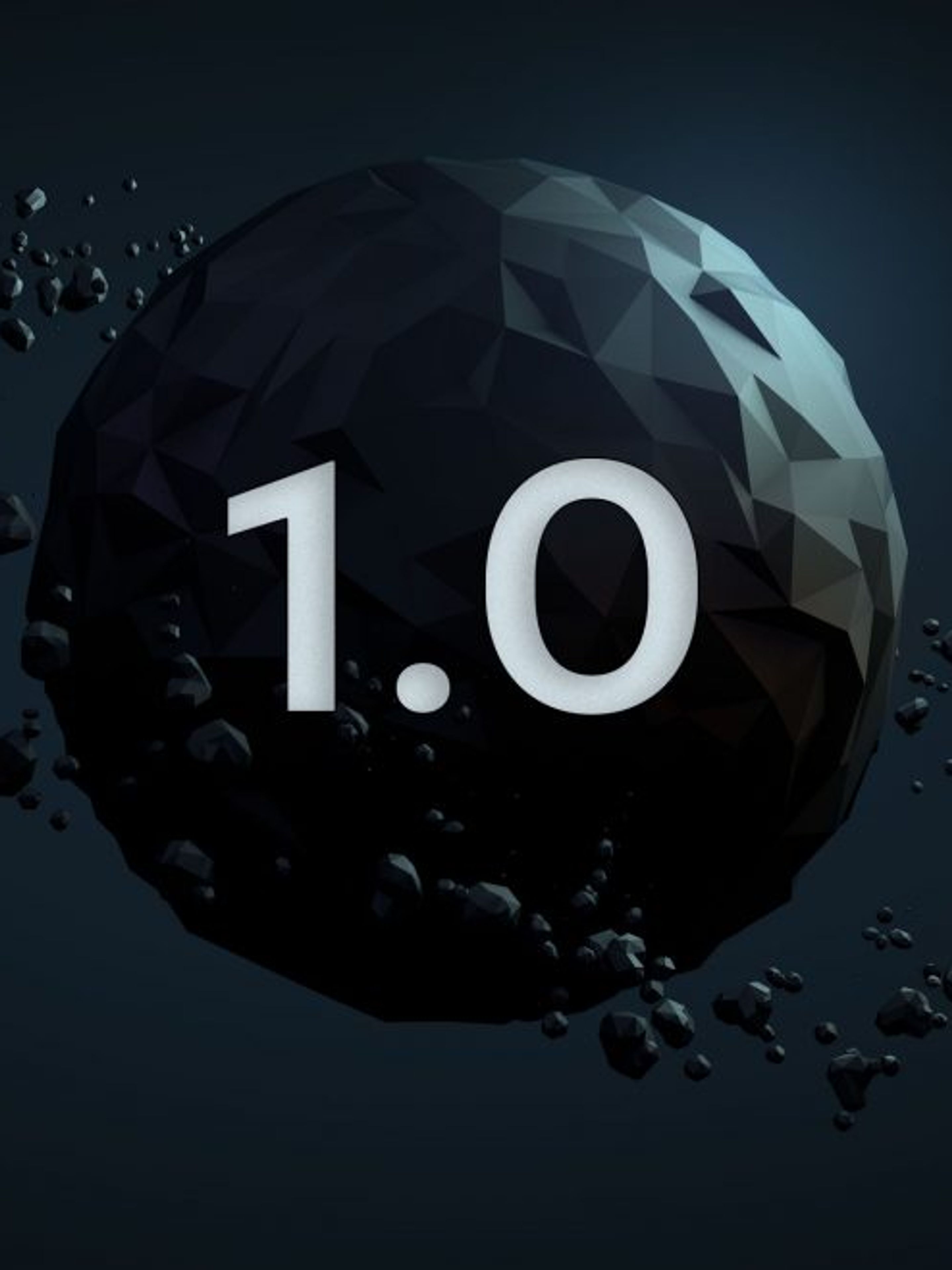It’s been an exciting year here at Stereolabs. Since the launch of the camera in 2015, the ZED community has been growing far beyond our expectations. The camera has been used in a variety of autonomous cars, drones, and robots, in the visual effects and movie industry and even in retail and sports applications. We received great feedback from thousands of developers all around the world and worked hard to make continuous improvements to the ZED.
In the meantime, our research team here at Stereolabs has been working relentlessly to prepare this groundbreaking update. 1.0 is the result of months of work from many computer vision engineers and scientists. It pushes the boundaries of what’s possible with stereo vision, and makes the ZED the first device in the industry to offer real-time depth sensing, positional tracking and 3D mapping capabilities.
We are excited to see what new applications you will create with the ZED. So read on to learn what’s new in v1.0, and download the latest SDK here.
ZED 1.0 introduces position and orientation tracking for any device that has a ZED mounted on it. This opens the doors to creating incredible mobile and desktop VR experiences with total freedom of movement. In other fields such as robotics, this feature can be used to help machines keep track of their own location as they move around the space without the use of GPS or high-end IMU.
To perform tracking, the ZED uses a novel depth-based SLAM (Simultaneous Localization and Mapping) technology that was developed from scratch and optimized to run at high speed. The camera maps the three-dimensional world in front of it in real time and understands how the user moves through space. On desktop and laptop GPUs, tracking runs at camera frame-rate, which means you can get up to 100Hz tracking frequency in WVGA mode.
Positional tracking API is available in ZED SDK 1.0 for Windows, Linux, and Jetson. The tracking API also supports Unity, ROS and other third-party libraries. Check out our samples on GitHub and get started.
Photogrammetry is great, but it is time-consuming and requires a lot of manual steps. To simplify the process of capturing and editing 3D models, we have created ZEDfu, an easy to use 3D scanning application that capture 3D models of a scene in real-time.
Using ZEDfu, users can pick up and move a ZED around to generate a 3D mesh of any indoor and outdoor environment. The resulting mesh can be imported in 3D software like Blender, Maya or Meshlab for further editing and finishing. And for those of you who wonder, yes ZEDfu means ZED fusion!
ZEDfu is available as a standalone application on Windows. To get it, download ZED SDK here.
High-speed VGA is a popular choice among ZED users. We have updated ZED firmware (1142) and introduced a new Wide VGA mode @100 FPS that replaces the previous VGA mode. WVGA resolution is increased to 672*376 per image and offers an improved image quality along with a much wider field of view. Launch the ZED Explorer to update your firmware.
The 1.0 full update list includes the following functionalities and improvements:
- Positional tracking API: New tracking API lets you localize the camera in space.
- ZEDfu application for capturing real-time 3D models.
- Wide VGA mode: The new high-speed mode brings improved image quality and a wider field of view at 100FPS.
- SVO compression: New SVO lossless compression now saves 66% in file size and processing time.
- New depth sensing mode with up to 2x faster computation: Updated PERFORMANCE mode to a new faster than real-time stereo matching algorithm with up to 2x speedup on Windows, Linux and Jetson embedded boards.
- Manual control for camera exposure time: Exposure time can now be configured manually.
- Unity support.
- OpenCV 3.1 support.
We’re very excited to share this release with you, and we’re eager to see what applications you will create. Download ZED SDK 1.0 to get started, and don’t forget to send us feedback and updates about your work! And follow us on Twitter for news and updates.
– The ZED team

